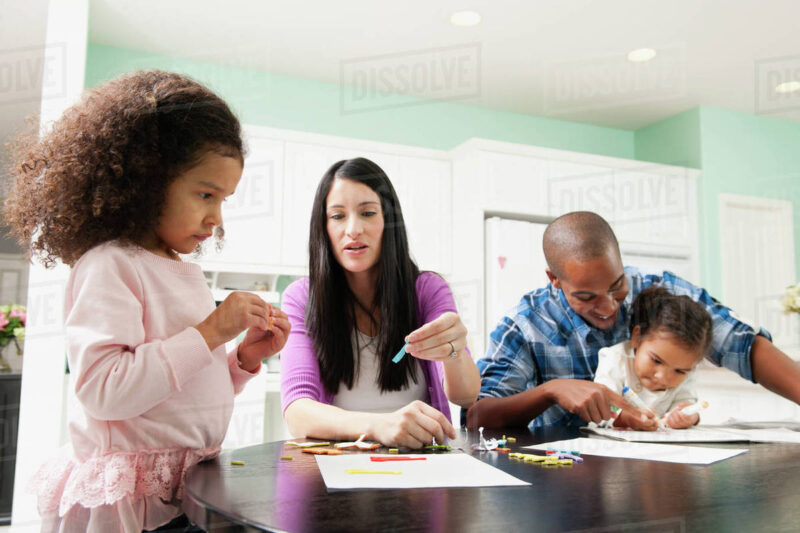The relationships we enjoy with our children can often be more precious and gratifying than anything in life. But being a parent does not come with a handbook and it can be extremely hard work. However, if we put in the time it can be very rewarding and can set children up with a great example of how to handle their future relationships.
Strategies for Success in the Parent-Child Relationship:
Communication – As we have heard for many years communication is key in all relationships, but it is especially important with children. Taking the time to speak with your child about how they are feeling, if they need anything from you, house rules/boundaries and appropriate speech and behavior will pay dividends in your relationship in the long-term. As the saying goes, ‘relationships are like bank-accounts – we make deposits (positive actions/interactions) or withdrawals (negative actions/interactions)’. It is also important to have these conversations when both you and the child are in a calm and non-confrontational mindset. The only real lessons we can give children when they are highly emotional is how to model calm, appropriate behavior.
Spend time with them – Research shows very clearly that children whose parents spend time with them and who take an active role in their lives do much better academically, socially, and behaviorally and have less emotional issues. Parents who are involved in their children’s lives – sports/after-school clubs, PTO involvement etc. – and especially involved academically (monitoring/helping with homework, attending parent-teacher conferences etc.) demonstrate to their children that they care and that their child’s welfare is important to them. These things go a long way towards strengthening the deposits in the emotional bank account.
Discipline – All parents are guilty of getting caught up in the moment with the child and raising their voice or taking action where the punishment does not fit the crime. Daily life stress can often cause us to overreact and we cannot introduce/enforce boundaries in the heat of a meltdown if we are equally as emotional, or competing with the child for the loudest voice, last-word etc. Helping the child understand your expectations and following through in a calm manner with appropriate language, tone and volume help them understand that you are there to help them when they lose control of their emotions and strengthens your relationship through trust. Opinions vary on time-outs for children but for the most part, most of us are using them in some way or another. Following a time-out (1 min per year of age of the child is appropriate), the parent should ask the child if they understand why they were placed in time-out, explain why what they did is wrong, ask for an apology, and then tell the child that they love them and give them a hug. If the chosen discipline is to remove a toy or electronic device the same protocol should be followed – explain what happened and work through resolution.
Be Human! – One of the most underused and undervalued tools parents can use is allowing themselves to be human, and in particular, apologizing. When the child hears you apologize and sees you model appropriate deescalating behavior they recognize that you too have emotions that may get the better of you. Saying something like “I’m sorry for raising my voice honey, mommy asked you three times to stop so you had to go to time-out, but I should not have allowed myself to get upset,” models appropriate behavior. This is the same if a husband or wife demonstrates inappropriate behavior to their spouse (e.g. yelling, slamming doors etc.) – apologize to your spouse in front of the child(ren) and allow them to experience how owning our words and actions and an apology should look and sound. But also, in the bigger picture, we can model to the child that we all make mistakes, but we can be forgiven and many things can be fixed by means of an apology.
Give up the fantasy of ‘The Perfect Parent’ – it doesn’t exist!! We all have this idea that we should parent in an impeccable way with the patience of an angel, and then beat ourselves up emotionally when we don’t match up to that. Stress, lifestyle, and unresolved personal issues of our own will often play into how we handle our emotions and interact with our children. You are going to make mistakes so cut yourself a break here and there!
Dave Edwards is a clinical intern at Crossroads Family Counseling Center in Fairfax, VA. He is a student obtaining his M.A. in Clinical Mental Health Counseling program at Marymount University in Arlington, VA. He is also a full-time professional soccer coach and has been working with youth for 27 years.
